We are not watching anymore…
WE ARE WITH YOU
–
The fight for legal abortion in Argentina
We organized and curated this exhibition in Montana Cruz (Kreuzberg, Berlin) on November 10th.
More than 150 people came during the afternoon and evening.
With the next information that we took and edit from Chicas Poderosas AR, people got in touch with our issue and the reason why of our exhibition. We are sharing the voices of million of argentinian women that are fighting for owned their bodies.
INTRO
The fight to liberalize Argentina’s abortion laws has been going on for decades, but in 2015 it got a boost from the Ni Una Menos (“Not One [Woman] Less”) movement, which was formed to build awareness of violence against women.
Ni Una Menos helped put a feminist agenda on the cards in Argentina, and activists soon turned their attention to the passage of legislation providing legal protections for women. A green handkerchief, long associated with the effort to legalize abortion, became ubiquitous in the current campaign.
The size and intensity of abortion-rights demonstrations grew over several months, culminating in huge crowds gathering before Congress as the bill was discussed.
Despite an upswell of support in the cities, opposition is strong in rural areas. Conservative Catholics and evangelicals, rallying with blue handkerchiefs, have campaigned for the abortion ban to remain in place.
😧
CONTEXT
Though abortion has been a key part of the feminist agenda for 30 years, it’s only in the last months that the discussion took hold amongst the public: on the streets and on social media and in schools—as well as on popular primetime TV, such as when feminist activists appeared on a prime time TV SHOW. On that day, Misoprostol—a stomach ulcer medication, but one capable of terminating pregnancies—was the most searched term on Google Argentina.
The fight is carried out by a feminist section of society that gained a lot of momentum after the massive Ni Una Menos demonstrations against femicide in 2015.
🤜🤛
GLANCES / GENERATIONS
Argentinian women do seek abortions: Every year, between 370,000 and 522,000 women terminate their pregnancy, but they are shamed and harassed by society and the legal system, so the process is necessarily clandestine, difficult, expensive, and dangerous.
According to a report by Chicas Poderosas Argentina citing UNICEF statistics, 15% of recorded births are by teenage mothers–women who are profoundly less independent and able to safely pursue abortion in such a society.
🎉
CONGRESS DEBATE / MEDIA SANCIÓN / VIGILIA
On June 14, 2018, in 5ºC temperatures, thousands of people filled the streets in front of Congress. After a 22-hour debate, the deputies of the lower house made Argentinian history and narrowly voted to pass the bill.
The final numbers were: 129 in favor, 125 against, and 1 abstention. The fight for legal abortion gained a significant victory, and the bill passed to the senate for approval.
The bill…
-
stipulated that abortions were to be made accessible at every hospital and clinic within the public health system,
-
would grant every woman the right to voluntarily termination of a pregnancy in the first 14 weeks,
-
and after 14 weeks, the right to an abortion would be guaranteed in cases of rape, life-threatening pregnancies, and fetal health problems.
📘
SENATORS / PRO VIDA
Once the abortion bill began making its way through Congress, Argentinian society split into two sides: on one, the self-appointed “Pro-life” movement supported by the Catholic Church. They argue that abortion is homicide because life starts at conception. On the other side stand those who support legalization—for the health of the people, for freedom of choice, and for women’s human rights.
The senate debated the bill on August 8, and once again thousands took to the streets outside to demonstrate in the freezing rain. But this time the law was rejected: 38 senators voted against, 31 in favor, and 2 abstained.
😥
ABORTION IN ARGENTINA – AN OVERVIEW
-
15% of births are by teenage girls
– Source: UNICEF -
Between 370,000 and 522,000 abortions occur annually in Argentina
– Source: Argentina’s Ministry of Health -
In 2016, 43 women were officially recorded as dying from complications of illegal abortions
– Source: Argentina’s Ministry of Health -
Argentina does have ‘Integral Sexual Education’ legislation in effect since 2006, but it is not widely implemented because less than 20% of teachers nationwide are qualified to teach sex education
-
Two women’s support networks, Socorristas en Red and Red de Mujeres, give free information and support to those considering abortion
Currently, a woman can legally abort a pregnancy if it is the result of rape, or if her life and health are at risk. The new law would extend Argentinian women’s rights to choose what happens with their own bodies so as to save more from the ill effects of illegal abortions, which is proven to be in the interests of public health.
📗
ABORTION IN LATIN AMERICA – AN OVERVIEW
-
Most Latin American countries don’t have a law mandating sex education, and if they do, they are often not implemented, as in Argentina.
-
There are major variations: in El Salvador, even a natural termination can carry a prison sentence for the woman. In some countries such as Chile, rape or life-threatening pregnancies justify a legal abortion. And then there are countries where abortion is an inalienable right, as in Cuba, or available universally but with some restriction, as in Uruguay.
-
Across these variations between countries, there is a constant of systematic violence towards women in pregnancy and childbirth and a societal intention to rule over women’s bodies.
-
As well as representing women’s fight for reproductive rights in countries across the continent, the Chicas Poderosas Argentina report documents a stark reality: Every day in Latin America, thousands of women get abortions. The conditions that surround these abortions—teenage pregnancy and a lack of sex education—were reported so as to capture the whole phenomenon.
👩👩👧👧
SISTERHOOD
Today is the day we stop discussing. We are for abortion rights. Now is the time to talk about how to make them a reality: how to realize a society where women can access abortions in safety, without stigma and without harassment—a society in which women do not die from clandestine abortions and forced births.
This is our moment, and we celebrate and thank each and every woman for winning this right in the streets, in every debate, with every act of disobedience.
Feminists all over the world will keep on screaming that only WE decide if we want to be mothers or not.
We will keep on screaming that WE are in charge of OUR bodies. We will keep on screaming that it IS possible and that we ARE going to make it—that patriarchy is in its dying days, and that after us, more will come…
We will never rest until we reclaim the rights that were stolen from us.
🙌
PHOTOS
Lulú Magdalena
Bondi Fotografico
Monk
Alejandra Coronel
Patricia Villazon
Lucia Leibgorin
Melisa Scarcella
Gabriela Manzo
Florencia Roja
Adrian FS
Ruby Valls
Florencia Romero
Otra Optica
Rueda Photos
Cecilia Bethencourt
Nicolas Avelluto
Maria Trebinoch
Mailen Panichella
Sabs
Tatiana Garro
Daniela Damello
Diana Rietvel de Oliveira
VIDEO
Paula Villareal
Maria Gutierrez
Violeta Mal
Tatiana Ivancovich
FIRST SCREENING SHORT VIDEO
Title: SHOVE
SHOVE is a metaphorical dance film reflecting the realities of unsafe abortions that occur worldwide.
By: Lauren Pringle
TEXT
Title: Despenalización del aborto en América Latina #InvestigaciónPoderosaParteI
By: https://m.facebook.com/ChicasPoderosasArgentina
MUSIC
Cosmicloud
SC: https://soundcloud.com/movingsoul
V—NYC // ebb + flow (NYC), Berlin Invasion
SC: http://soundcloud.com/cyantifik
Kat Kat Tat // Random
SC: https://soundcloud.com/planetkat
Thank you so much Montana Cruz for hosting us and your full support.
Proofreading: Bruce Weaver
Frames by: Frameworks Berlin

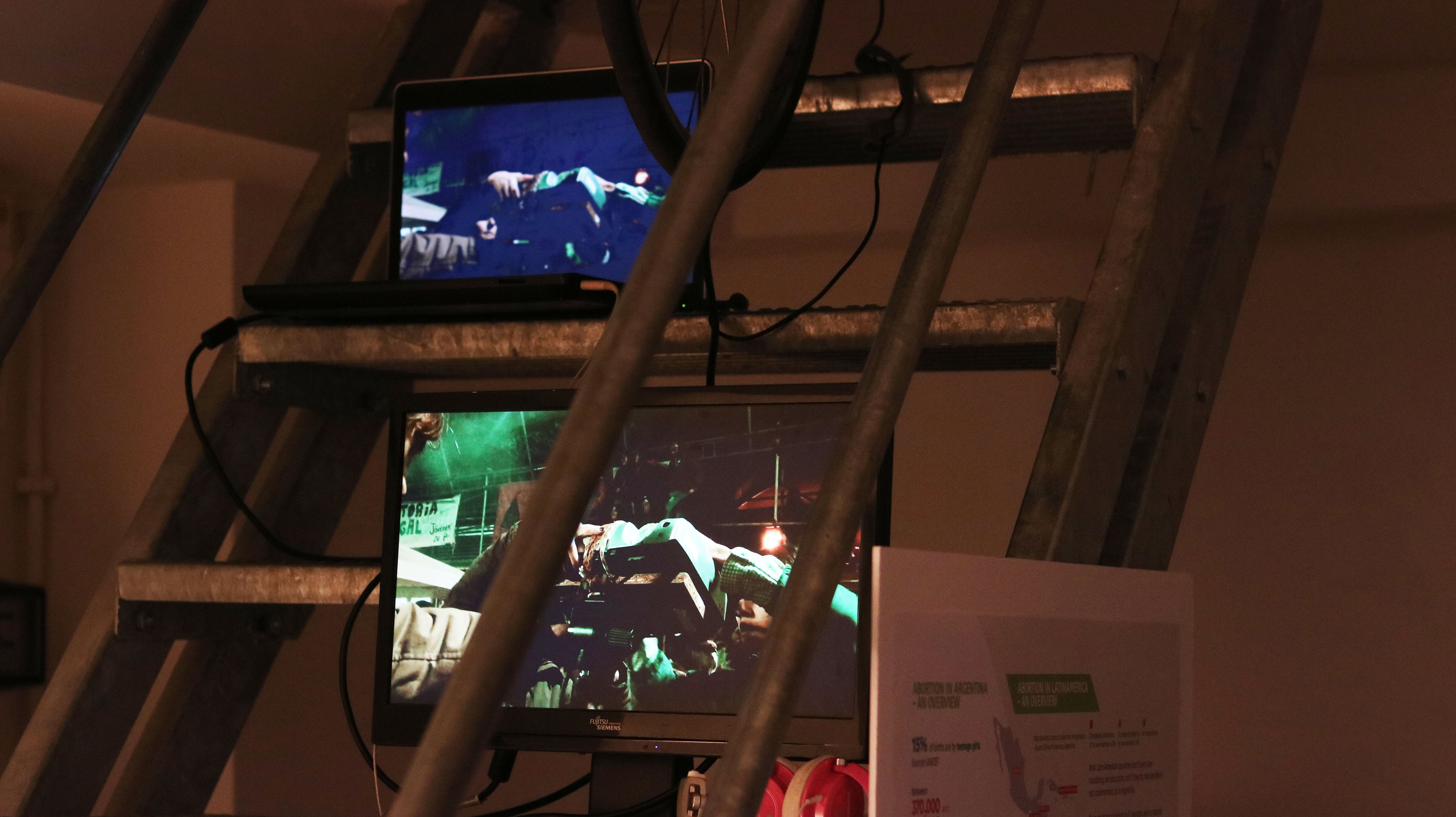
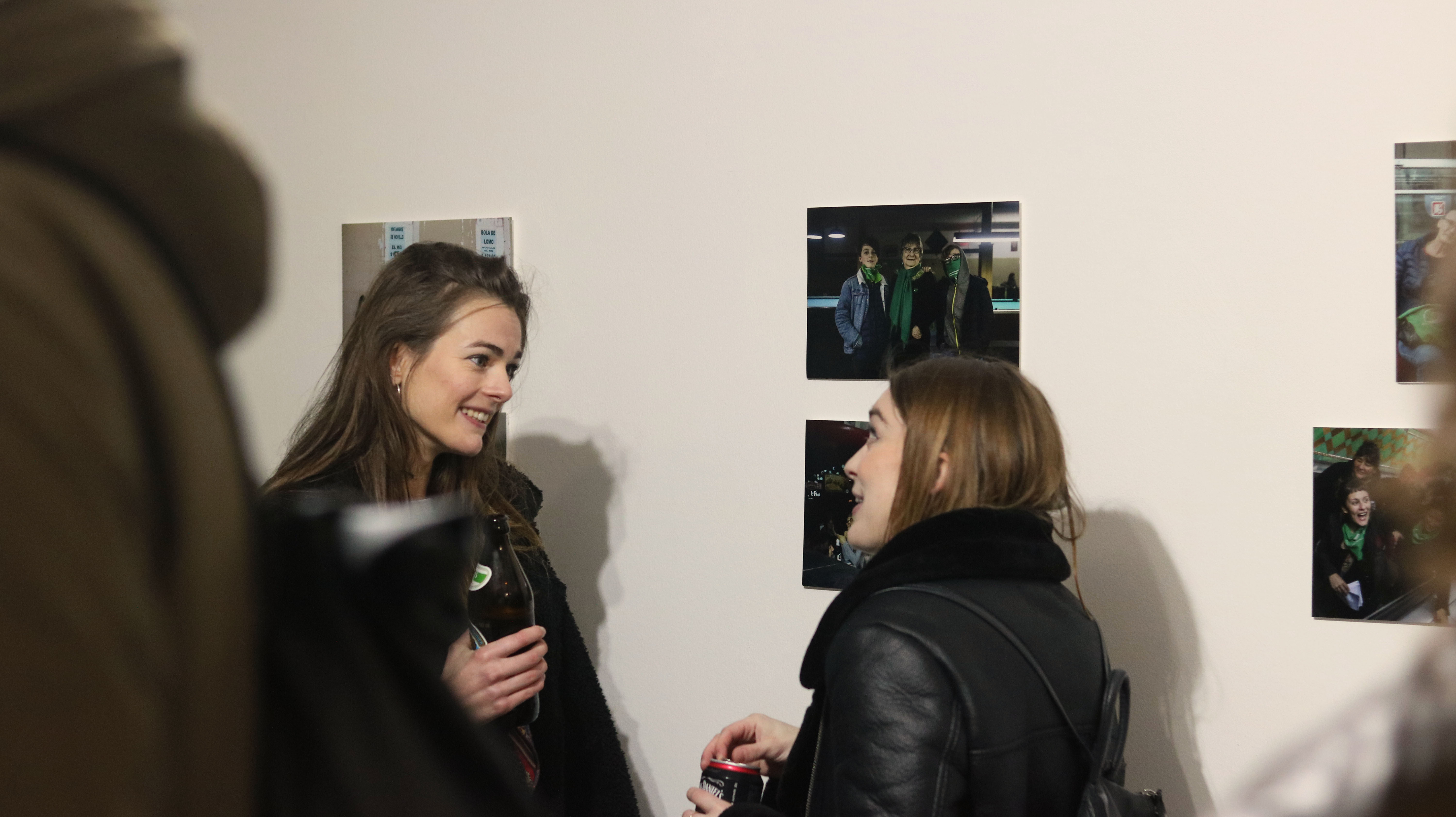
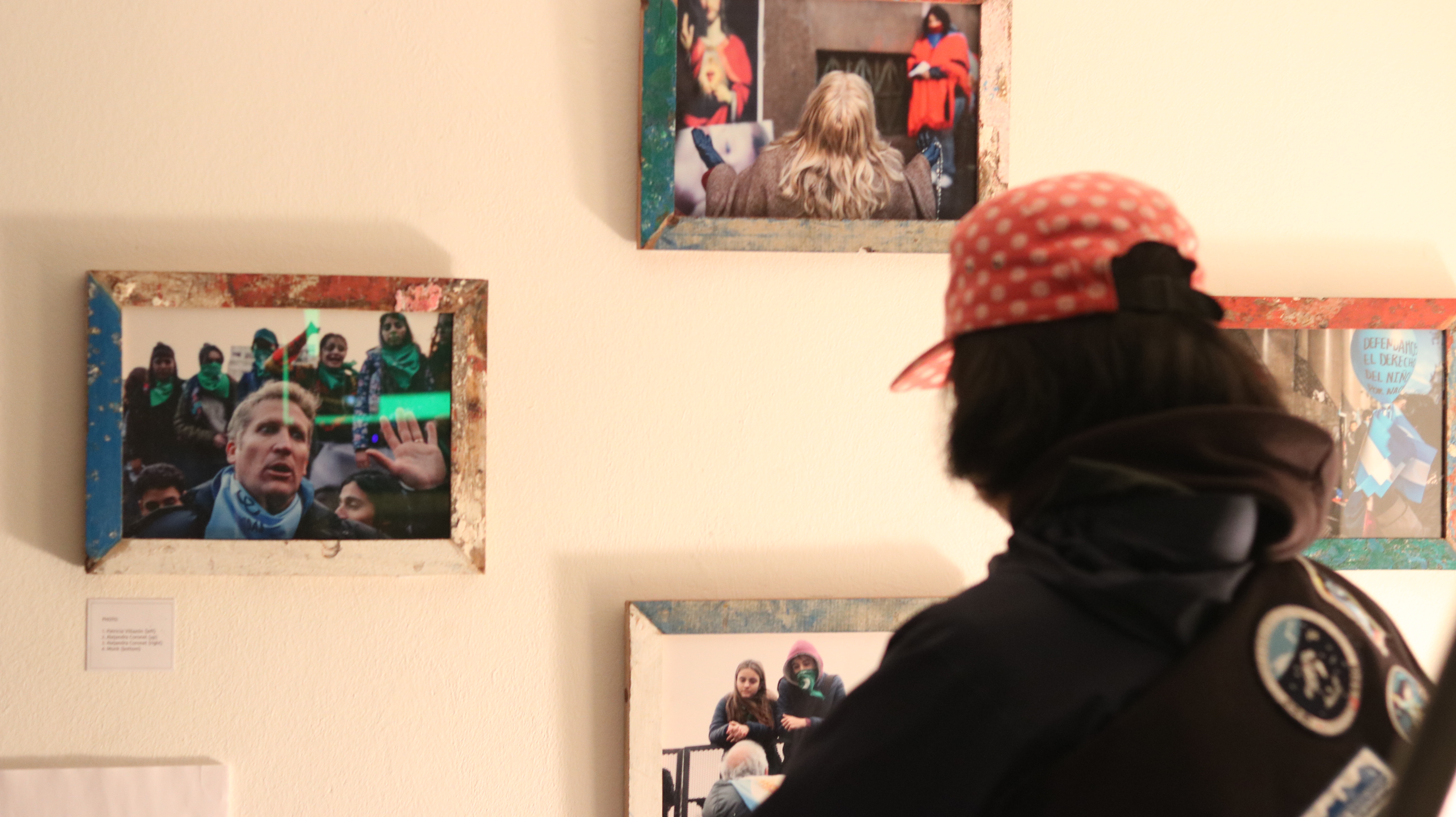
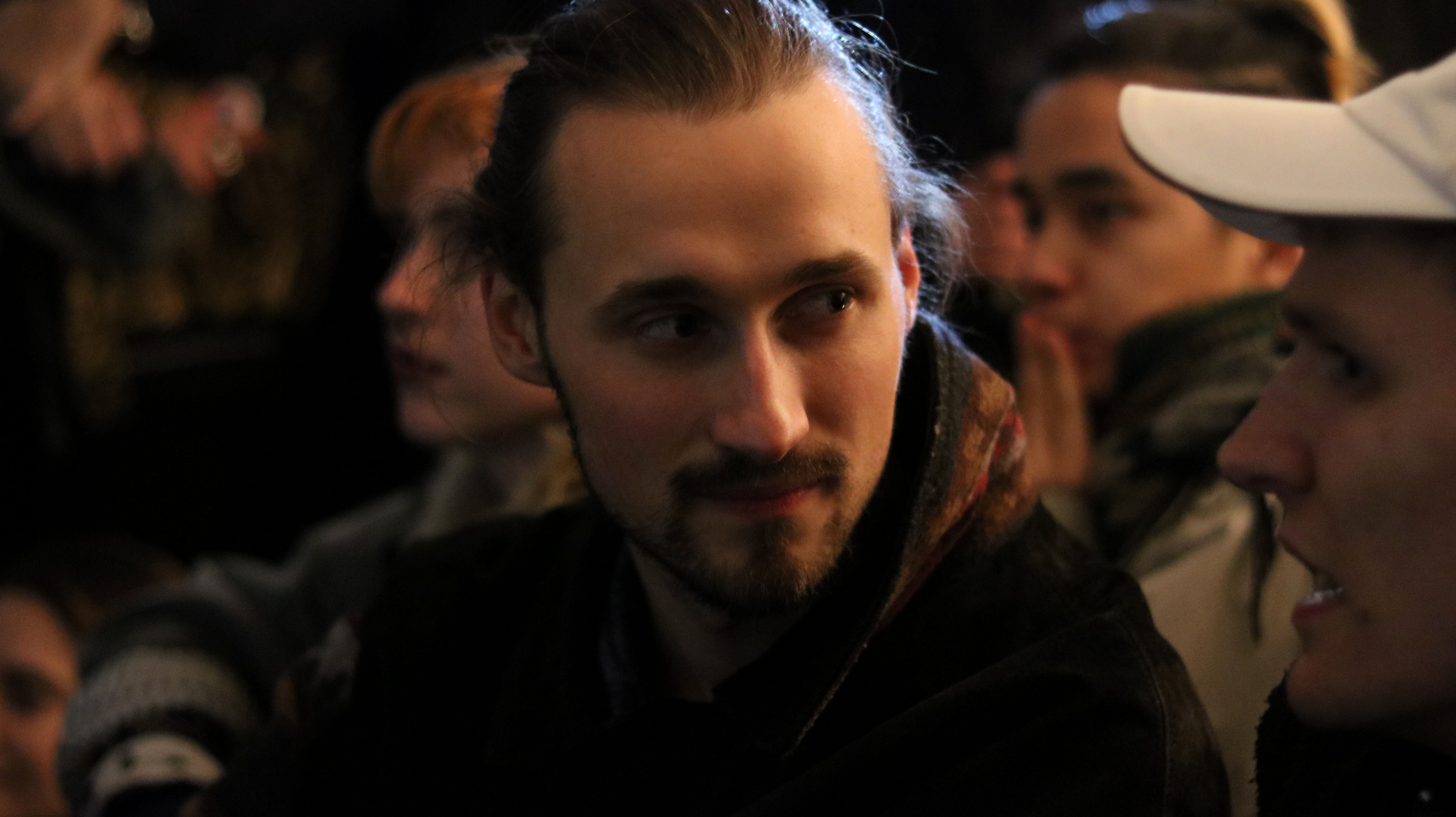
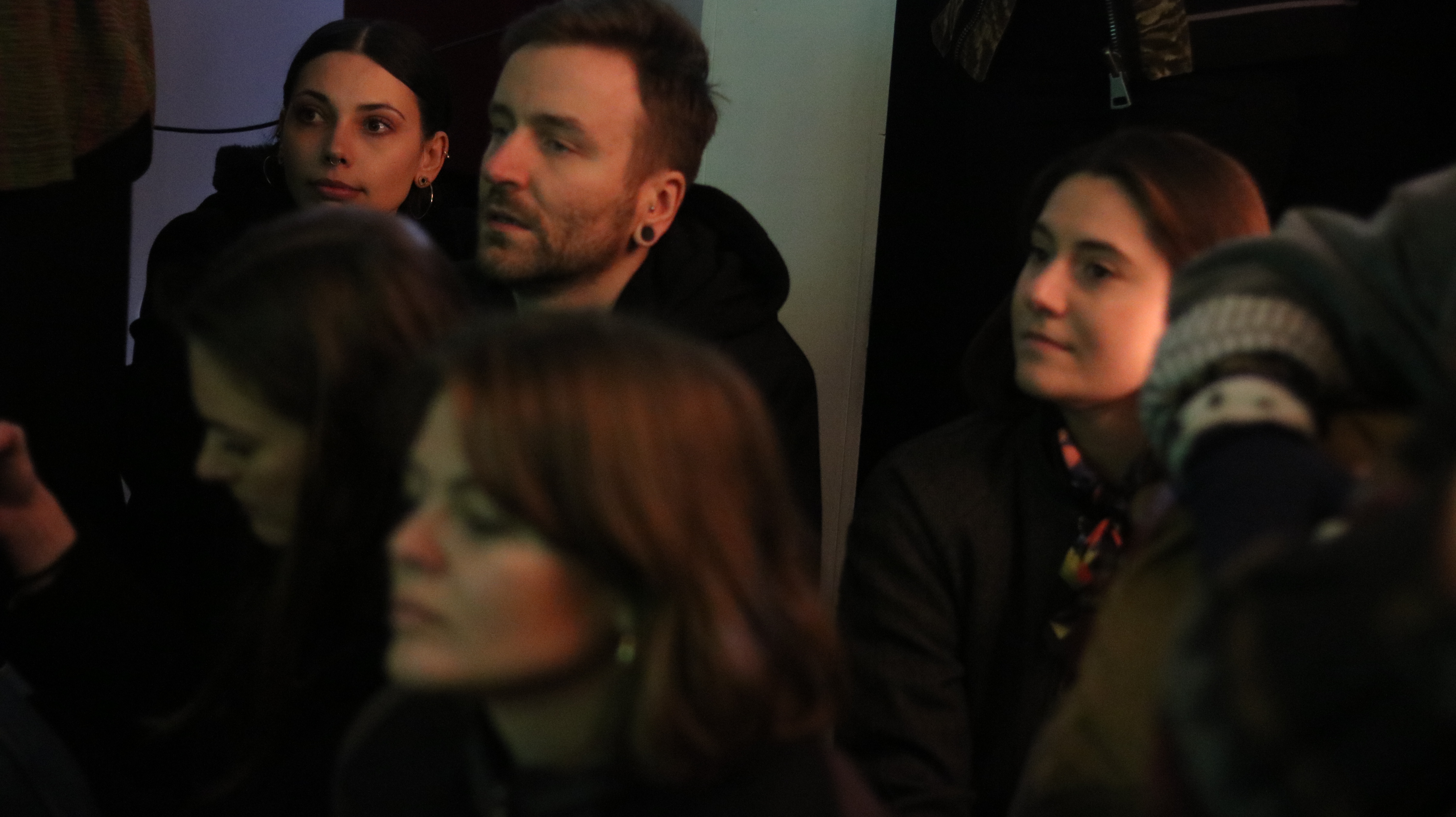
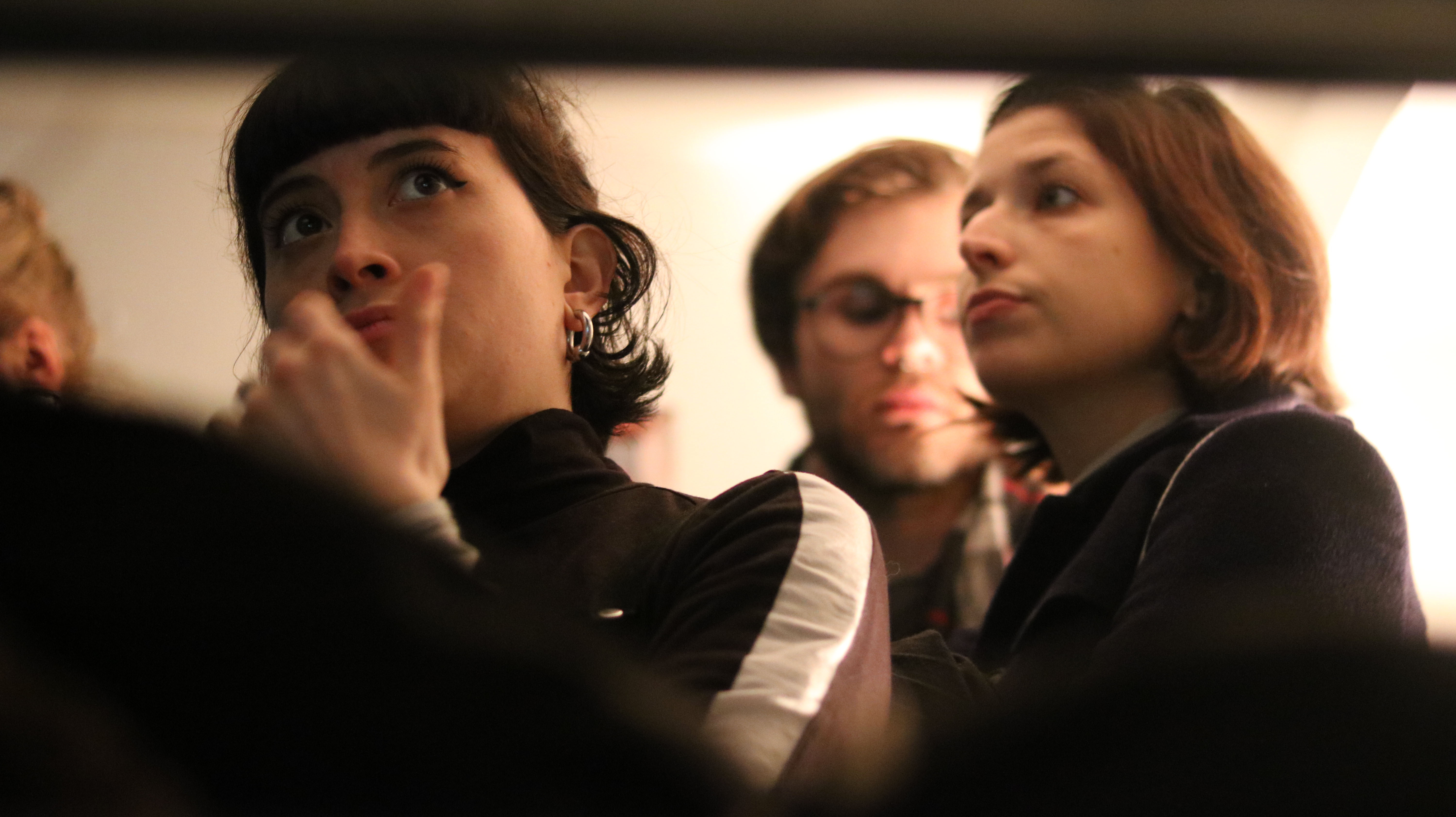
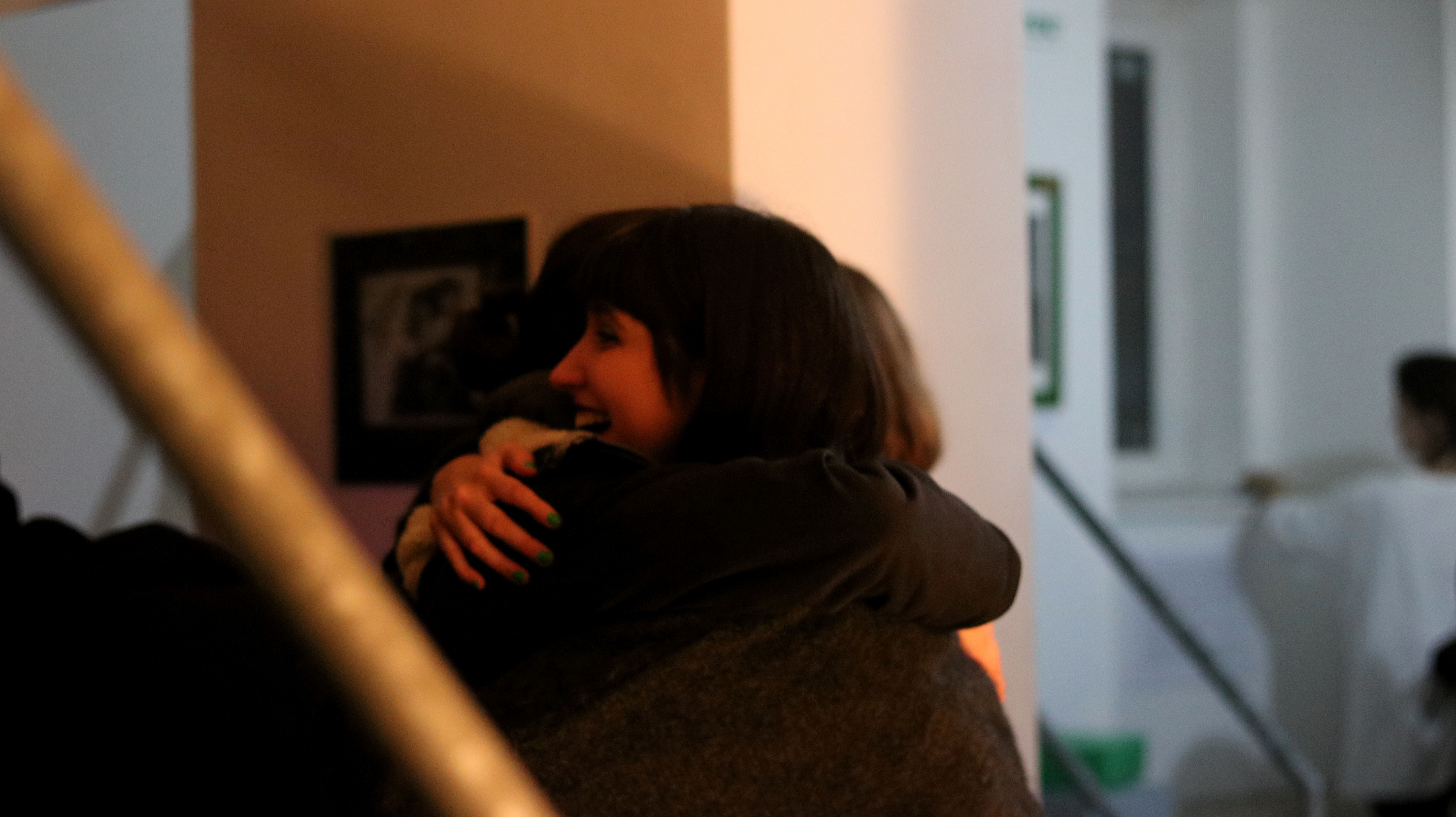
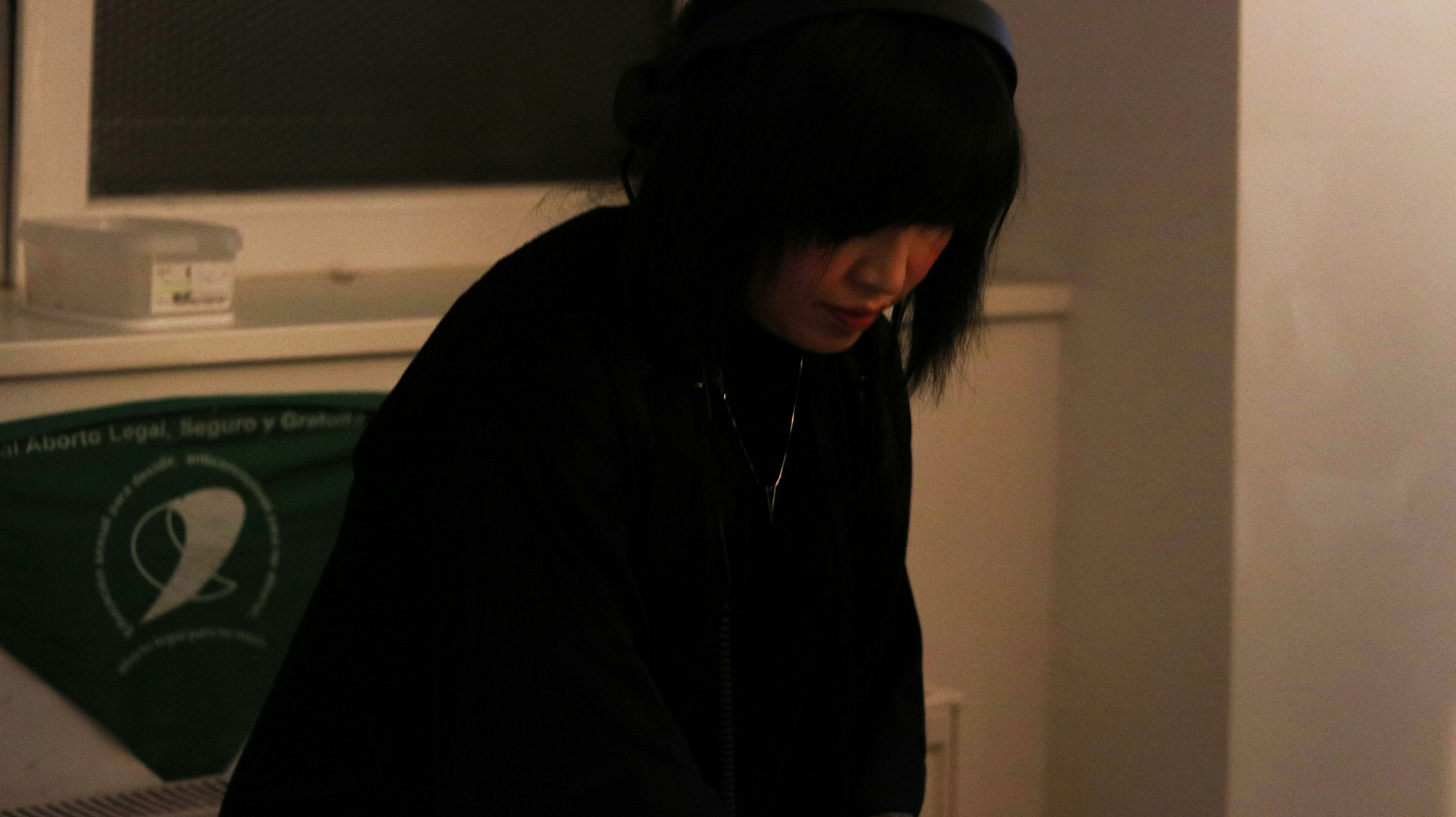
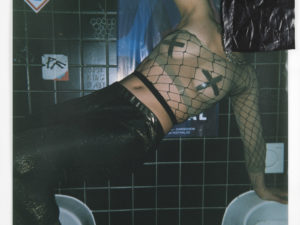

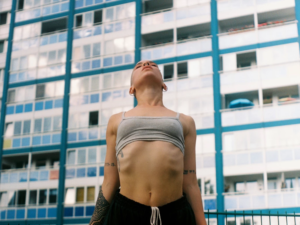
No Comments